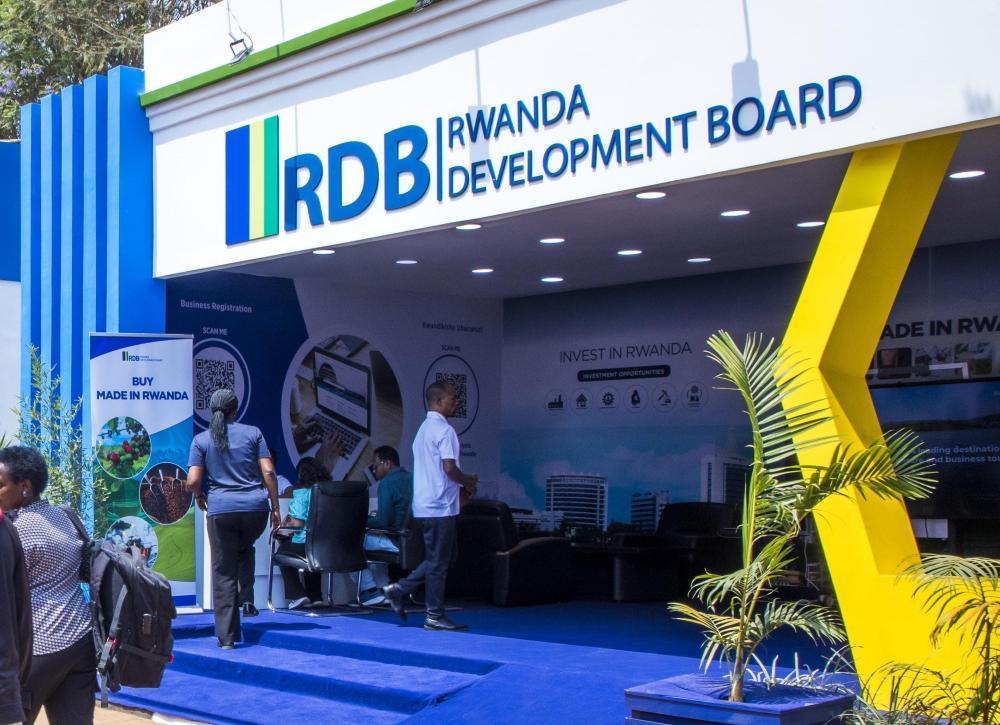Jean-Claude Nshimiyimana
Africa-Press – Rwanda. The process began shortly after 9:00 a.m., when we finalised the application package for a new subsidiary of a European holding company — a Private Company Limited by Shares. By 2:45 p.m. that same day, when I checked the Office of the Registrar General’s company registration portal, the application had been approved and the certificate of incorporation issued.
For a corporate commercial lawyer accustomed to the procedural hurdles of the past, seeing a company registration certificate issued in less than six hours was nothing short of astonishing. This speed of execution, from final submission to incorporation certificate issuance, is not just a technical victory; it is a sign of efficiency and certainty which speaks to the position of Rwanda as an investment hub where all businesses including foreign ones are timely facilitated.
While Rwanda has been globally recognised for its visionary governance and is cited as the simplest and fastest country in Africa in which to start a business (according to the World Bank’s Business Ready 2024 report), prior to the digitisation of the company registry system in 2010, the incorporation process often depended on manual verification and physical document submissions, which significantly affected processing times. In 2008, establishing a business in Rwanda involved nine separate procedures and required 16 days to complete, effectively acting as administrative barriers to entry.
Today, the digital transformation is palpable, a thoughtful evolution of process innovation. The company registration process flows seamlessly. An applicant submits the incorporation documents online in the appropriate format, confirming essential statutory details such as the proposed name, main business objectives, and share capital structure. Basically, the company registration system immediately communicates with Rwanda Revenue Authority (RRA) upon successful registration, directly issuing a Taxpayer Identification Number (TIN). VAT registration is integrated into the same system and activated only when necessary or legally required.
The result is instantaneous legal recognition and business protection, limited liability, turning what was once a multi-day administrative chore into a rapid digital transaction completed in less than six hours. This manifests the clear intention of Rwanda Development Board (RDB), and specifically the Office of the Registrar General (ORG), to modernising their services and delivering tangible value and scalable workflows for both local entrepreneurs and foreign investors.
Normally, foreign investors who want to invest in any country judge each country partly on its commitment to ease of entry. For Rwanda, apart from guaranteeing foreign investors equal treatment with Rwandan investors in terms of incentives and facilitation, its efficiency speaks volumes about Rwanda’s allegiance to capital allocation. This competitive advantage is fortified by specific immigration incentives. Examples of such incentives include enabling a registered investor who commits at least US$250,000 to recruit three foreign employees without demonstrating that their skills are locally insufficient. Likewise, high net worth individuals who invest at least US$1,000,000 or acquire a high-end property valued at at least US$500,000 may be eligible for permanent residence status.
While company registration speed is paramount, it is never achieved at the expense of governance. The fast registration process requires that applicants file Beneficial Ownership Information (BOI) separately; ORG cannot register a company without this BOI filing. This requirement corresponds to the observance of international best practices for combating money laundering and illicit financial flows (AML/CFT).
Speed is the curtain raiser; governance follows immediately. While the ORG handles company registration quickly, a registered company must immediately focus on post-incorporation legal compliance requirements to avoid financial penalties for non-compliance. We must advise clients, especially foreign entities, that registration necessitates strict compliance to the Rwandan Companies Act. For instance, a private company must have at least one director who is ordinarily resident in Rwanda and must always have a registered office in Rwanda to which all official communications and legal proceedings can be addressed.
A company that does not keep or update its required records (which must be held for at least 10 years) is liable to an administrative fine ranging from Rwf500,000 to Rwf2,000,000. Failure or delay in providing documents to the Registrar General incurs fines of between Rwf200,000 and Rwf500,000.
For an experienced attorney, registering a company in under six hours is likely achievable consistently, as long as the application meets all statutory requirements. The speed of approval, or the efficiency of the process, is a function of procedural completeness rather than luck or timing.
While company registration has seen digital disruption, complications persist, especially in areas like tax planning, corporate structuring, and understanding the nuances of the corporate income tax rate of 28%. Engaging local tax and legal strategists early is indispensable to maximise available incentives and alleviate prospective tax risks.
The speed with which the Office of the Registrar General processes company registration signifies that the Rwandan economy operates on a principle of efficiency and predictability where businesses are not just welcomed but keenly facilitated.
Source: The New Times
For More News And Analysis About Rwanda Follow Africa-Press






